
From unexpected dietary restrictions to logistical hurdles and everything in between, catering companies face a wide range of challenges in delivering exceptional culinary experiences for their clients and guests.

A visually stunning environment not only enhances the dining experience but also encourages patrons to share their experiences online, amplifying the restaurant's reach.
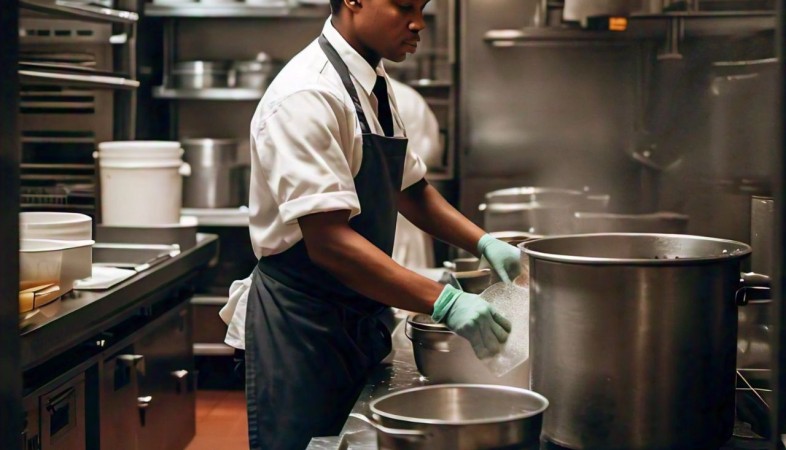
They are key players in maintaining the kitchen’s efficiency, safety, and overall success, impacting the entire operation from start to finish.
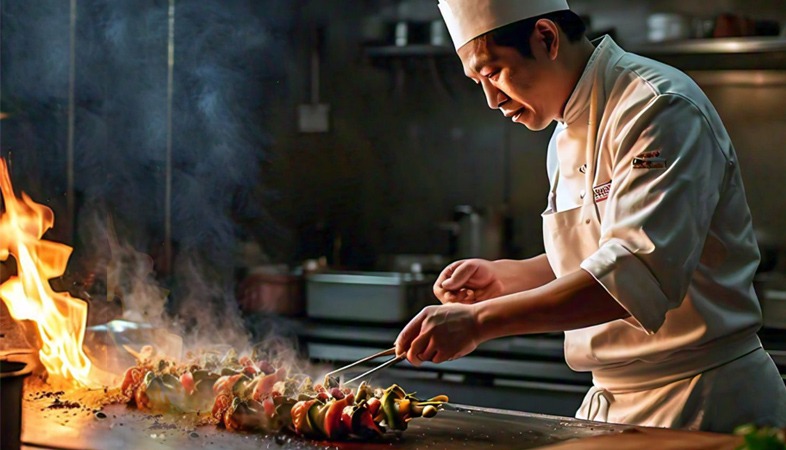
This guide explores how to make the most of each season’s bounty by using roasting techniques that bring out the best in every ingredient.

Let's delve into the intricate workings of this vital department and explore how it safeguards both guests and their sensitive information.
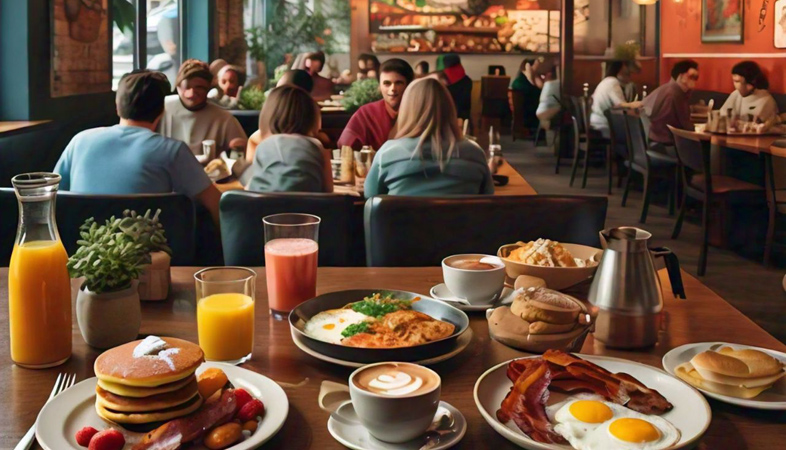
Expanding the online presence and enhancing digital marketing efforts are essential strategies for catering companies looking to reach a wider audience and grow their business.

These delectable treats, crafted without any animal products such as butter, milk, or eggs, have captured the imagination of both vegans and non-vegans alike.
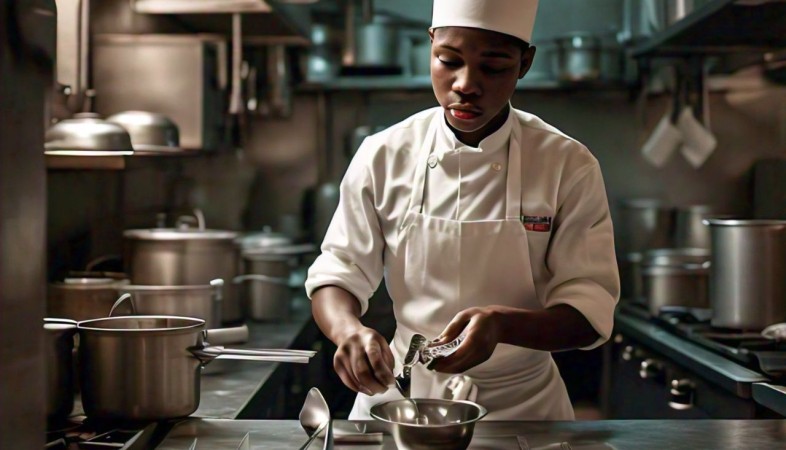
Proper management of kitchen supplies, utensils, and food stock can significantly impact a kitchen’s efficiency, cost control, and sustainability.

Sensory wonderlands represent the pinnacle of culinary creativity, where confectionery serves as the main medium for designing immersive multi-sensory experiences that delight, inspire, and enchant.

With creativity, strategy, and a deep understanding of your brand and audience, the possibilities for marketing success are endless.

Room turnover time, for example, measures the average time it takes for housekeeping staff to clean and prepare a guest room for the next arrival.
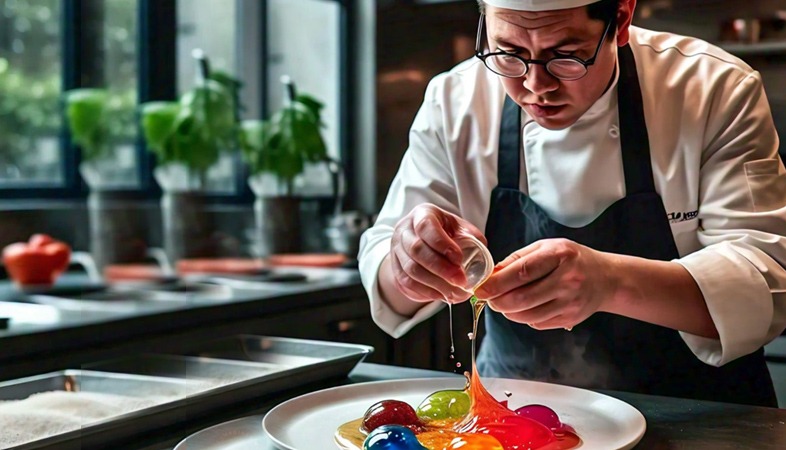
This technique is a staple in molecular gastronomy, allowing chefs to create innovative textures and presentations that elevate dining experiences.

Restaurants play a crucial role in this movement by championing food ethics and adopting practices that support a more sustainable food system.

Addressing staffing challenges in this area requires a strategic approach that includes proper recruitment, training, retention, and optimization of workflows.
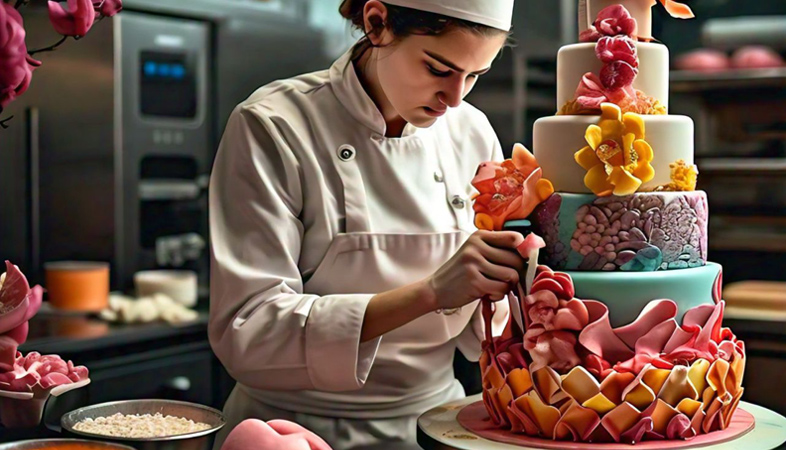
These ingredients provide essential nutrients, promote digestive health, and support sustainable energy levels.

In this article, we will discuss some tips for front office staff to improve their telephone conversations handling skills.

In addition to their entertainment value, gaming rooms also offer guests a welcome respite from the stresses of everyday life.

Several factors, including technological advancements and changing consumer behavior, especially after the COVID-19 pandemic, have led to the rise of innovative solutions.

From choosing the right menu to coordinating with vendors, here is a comprehensive checklist to help you navigate the world of Indian catering.
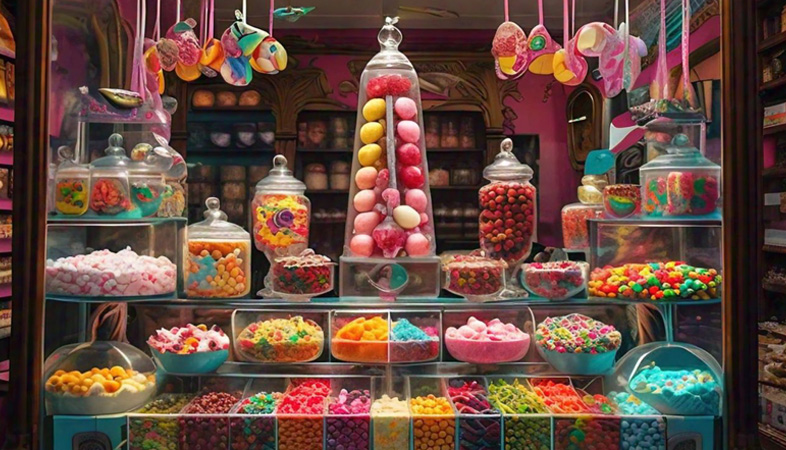
Mindful eating offers a holistic approach to enjoying confectionery treats with presence and appreciation.
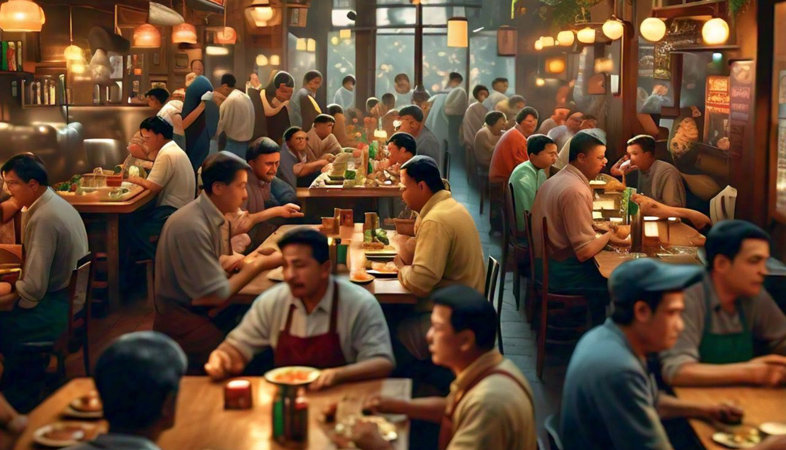
Let's explore how restaurateurs can leverage the design potential of small spaces to create inviting and memorable dining experiences.

Cross-training allows staff members to gain exposure to different roles and responsibilities within the hotel, fostering a more flexible and adaptable workforce.
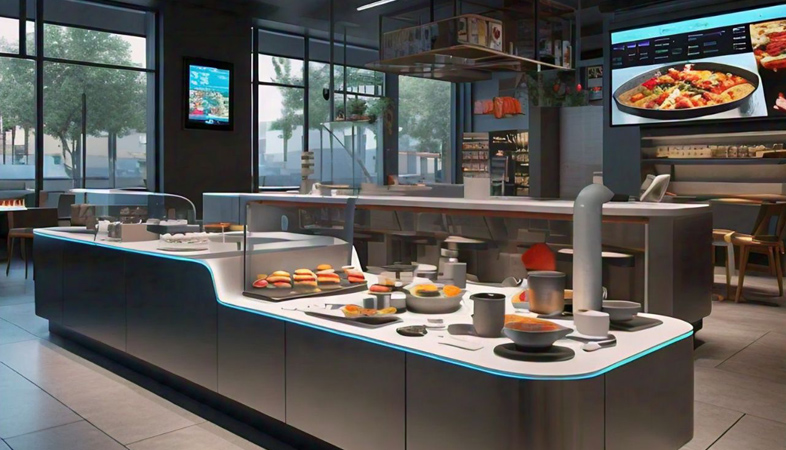
Unlike traditional restaurants with physical storefronts, these establishments do not offer dine-in options but focus solely on preparing food for delivery.
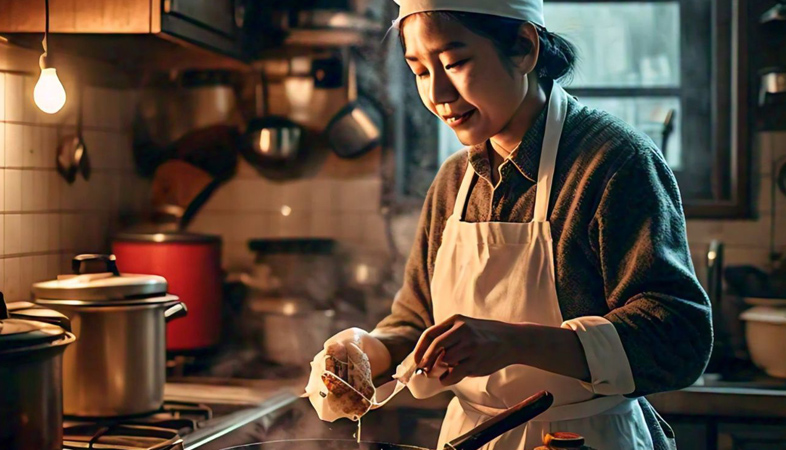
Exploring the art of cooking with tea opens up a realm of possibilities, allowing for innovative culinary creations that surprise and delight the palate.
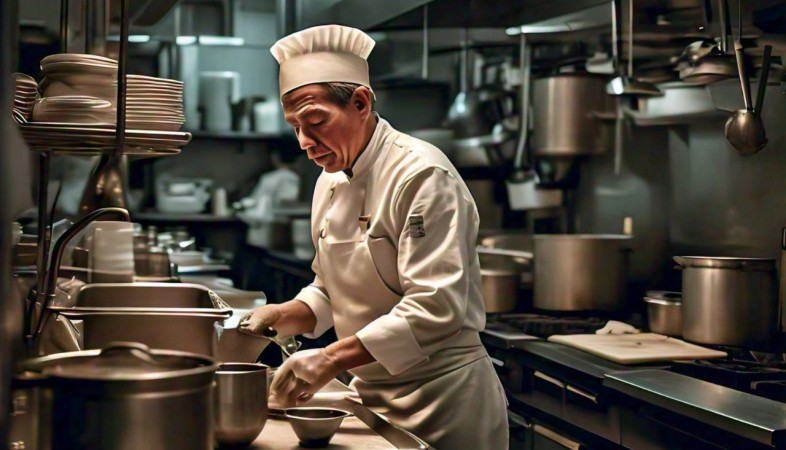
Commercial kitchens, whether in restaurants, hotels, or catering services, generate significant amounts of waste daily, including food scraps, packaging materials, and kitchen supplies.

The use of harsh chemicals in cleaning not only endangers the health of housekeeping staff but can also harm the environment.

These environmental factors impact the texture, rise, and overall quality of baked goods, making them essential considerations for any baker.

Catering plays a crucial role in creating a positive and memorable experience for attendees, as well as reflecting the company's professionalism and attention to detail.
.jpg)
As social media continues to evolve, hotels must stay agile and innovative to stay ahead of the curve and capitalize on the opportunities it presents.

From luxury resorts to boutique hotels and eco-lodges, wellness retreats come in all shapes and sizes, catering to a diverse range of tastes and preferences.

The front office is the heartbeat of a hotel, and best practices in this area are essential for delivering exceptional guest experiences.

These edible works of art not only celebrate the beauty of music but also pay homage to the craftsmanship and artistry of confectionery.

By exceeding expectations and paying attention to the smallest details, housekeeping staff can create memorable experiences that elevate the overall guest stay.

The story of Muhammara is a poignant reminder of the value of the things we often take for granted—our homes, our families, and the unique flavors of our regional cuisines.
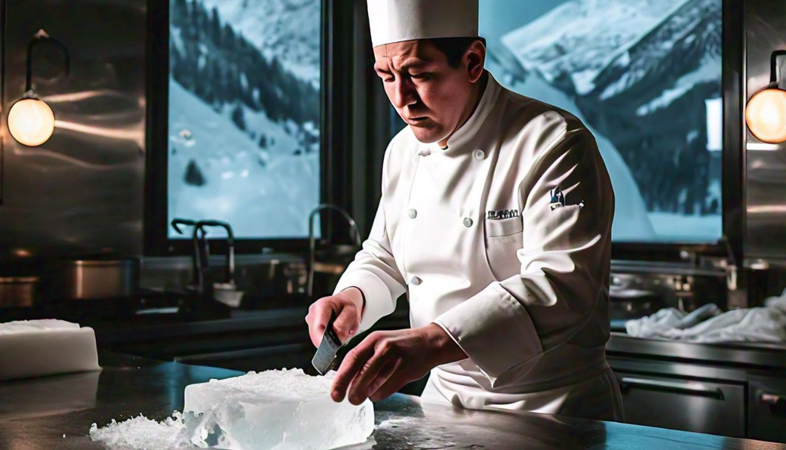
Whether used to flash-freeze ingredients, create moisture during searing, or manipulate textures, ice opens up a world of possibilities in cooking.
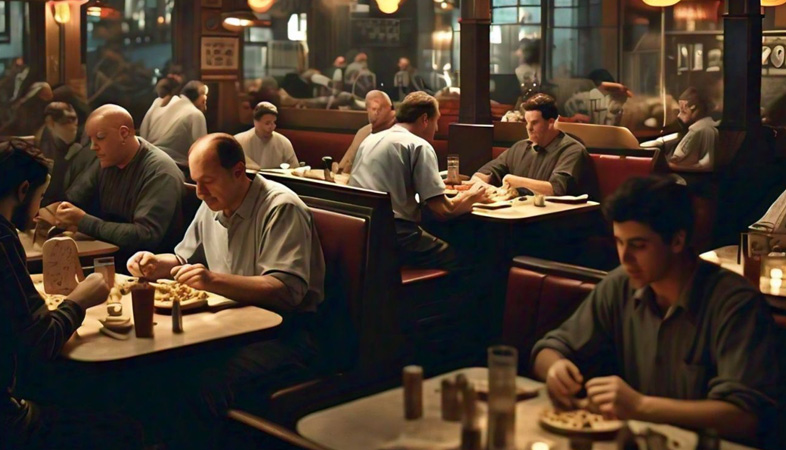
By adopting a range of strategies, restaurants can significantly cut down on food waste, save costs, and contribute to a more sustainable food system.

Mastering the art of laminated dough requires precision, patience, and attention to detail.
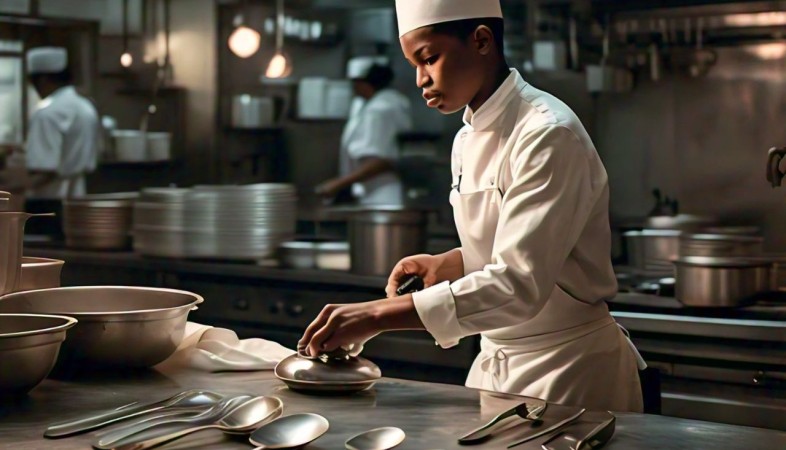
Training and development programs are essential for empowering stewarding staff to excel in their roles and contribute to the overall success of a commercial kitchen.

Hotel interior design goes far beyond aesthetics; it encompasses functionality, comfort, and the expression of the hotel's brand identity.

From whimsical presentations to unexpected flavor combinations, the latest dessert trends are redefining indulgence in the world of confectionery.
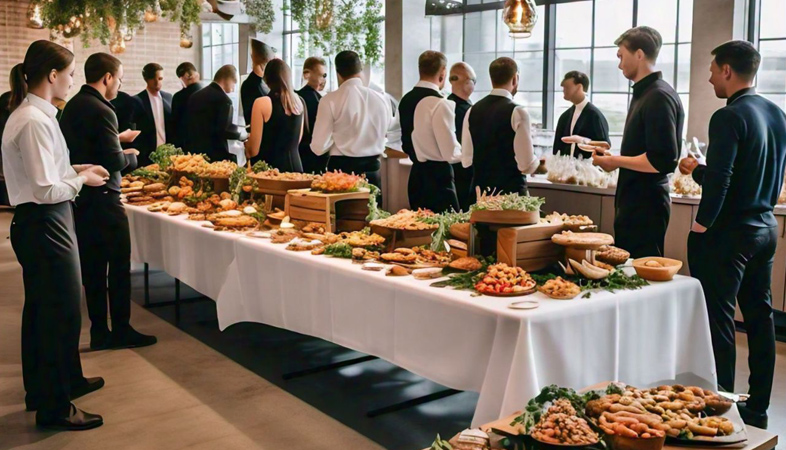
Let your creativity and imagination shine through in your food presentation, and watch as your catering event becomes a feast for the senses.
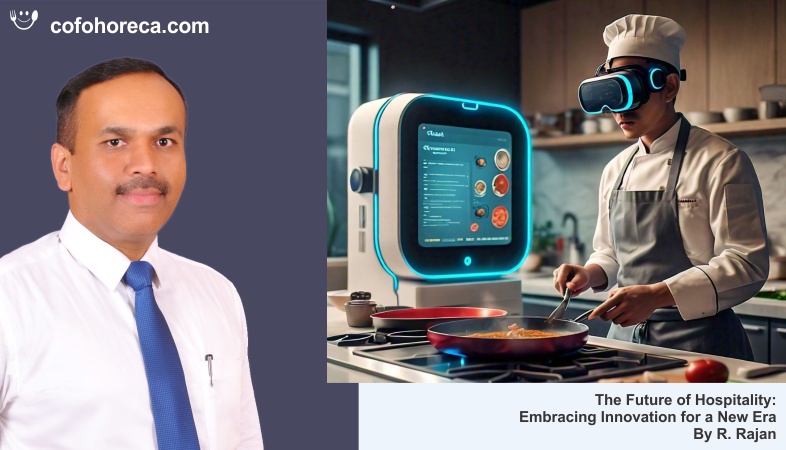
The future promises an exciting journey for both industry professionals and travelers.

Front office staff often find themselves at the epicenter of guest interactions, facing challenges that require quick thinking and calm demeanor.

Embracing online reviews as a valuable source of insight and feedback can empower restaurants to thrive in a competitive market and cultivate lasting relationships with diners.

By mastering the art of clean bedding, housekeepers can ensure a restful and pleasant sleeping experience for everyone.

This article explores the restaurant revolution, highlighting the trends and innovations that are shaping the way we eat out.
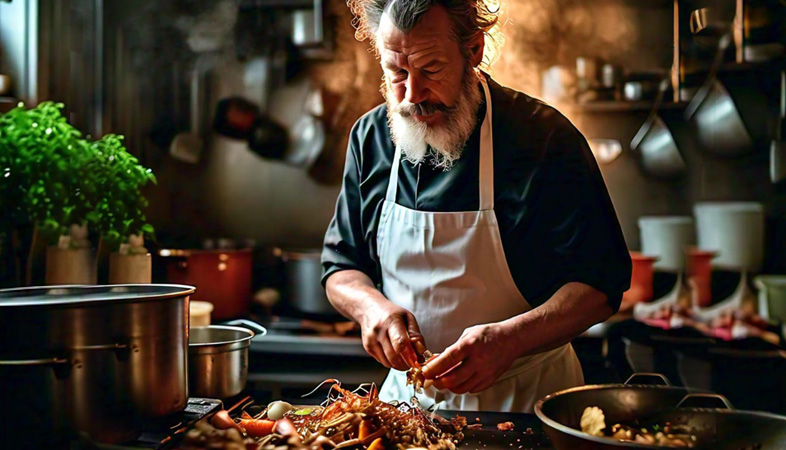
A major component of this shift involves reducing food waste by utilizing parts of ingredients that were once discarded.
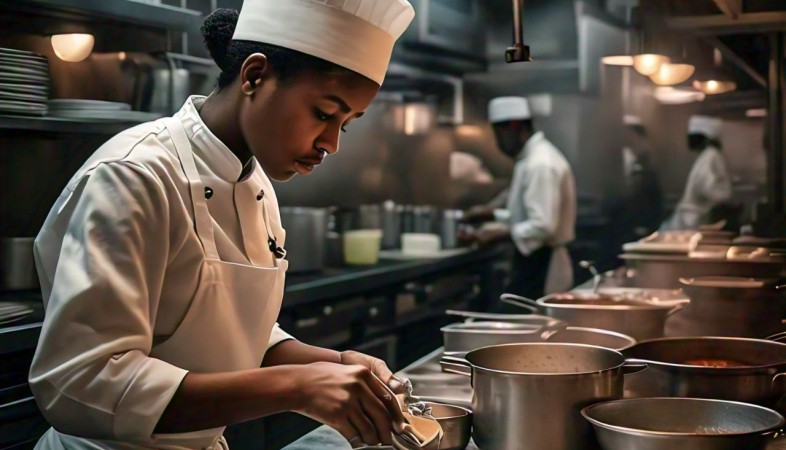
The future of kitchen stewarding is characterized by emerging trends and technologies that are reshaping the industry landscape.

These practices focus on minimizing waste and utilizing local ingredients, thereby promoting eco-friendly baking without compromising on taste or quality.

The art of hotel decorating lies in the details, where every object tells a story and contributes to the creation of a unique and memorable space.

Ensuring a seamless journey requires a blend of exceptional service, effective communication, and efficient processes.

Among these, cooking with clay, particularly in earth ovens, stands out for the rich, earthy taste it imparts to food.
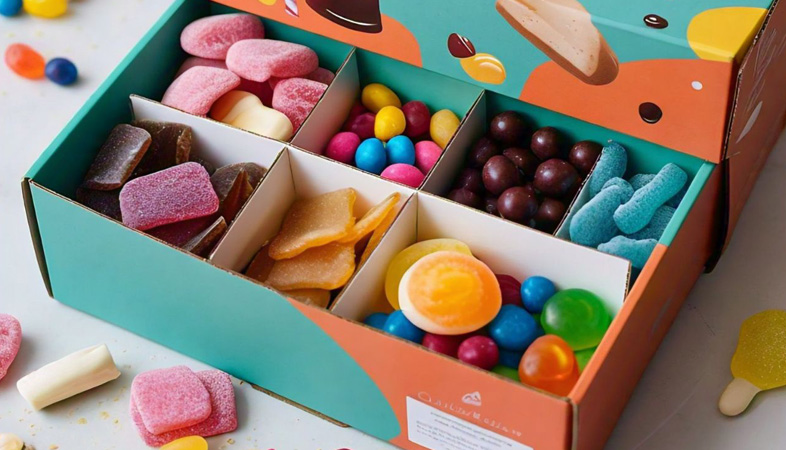
Enter the realm of luxury confectionery, where every bite is a sensory experience and every creation is worthy of admiration.

Making housekeeping easy is all about organization, routine, and the right mindset.
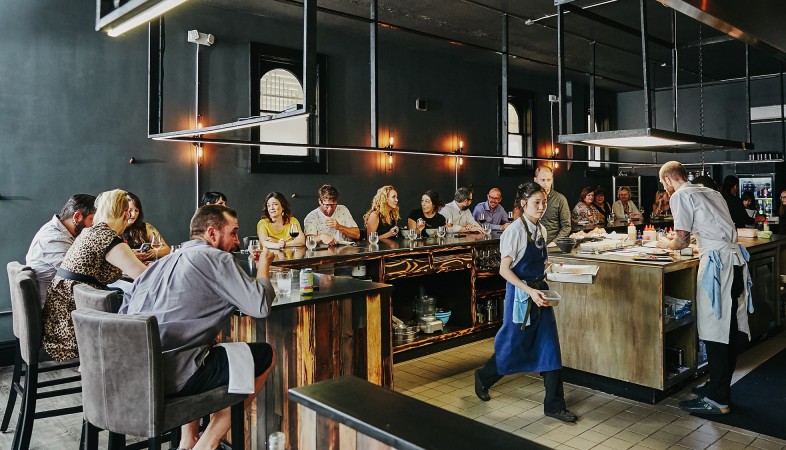
Innovative restaurant seating solutions are transforming the dining landscape, offering guests a diverse array of options to suit their preferences and enhance their dining experience.

The art of hygiene transcends mere cleanliness to become a visual representation of excellence in stewarding.

Bakeries are treasure troves of delicious delights, offering a wide variety of treats to suit every taste and preference.

Behind every successful dish lies meticulous planning, efficient workflow, and impeccable organization.

The shift towards health-conscious event menus represents a significant evolution in the catering industry.

A well-crafted blueprint for the front office can significantly enhance guest satisfaction, streamline operations, and foster loyalty.

Through the artful blend of nostalgia and innovation, modern confectioners invite us to savor the past, one delightful bite at a time.

Unlike larger chain hotels, boutique establishments thrive on their distinct charm, personalized service, and specialized offerings.
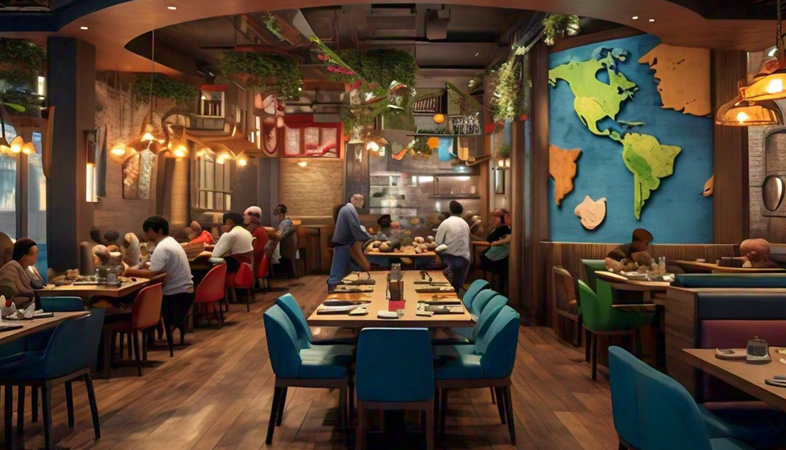
A well-designed restroom not only enhances comfort and convenience but also contributes to the restaurant's ambiance and brand identity.

With the constant demands and high expectations, it's no wonder that stress can often creep its way into your workday.
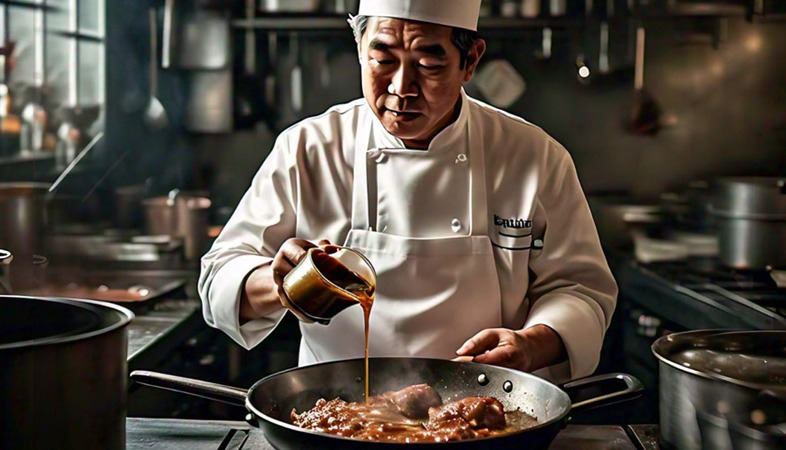
Some chefs prefer not to salt broth at all until it’s used in a recipe, which allows for greater control when cooking with it later.
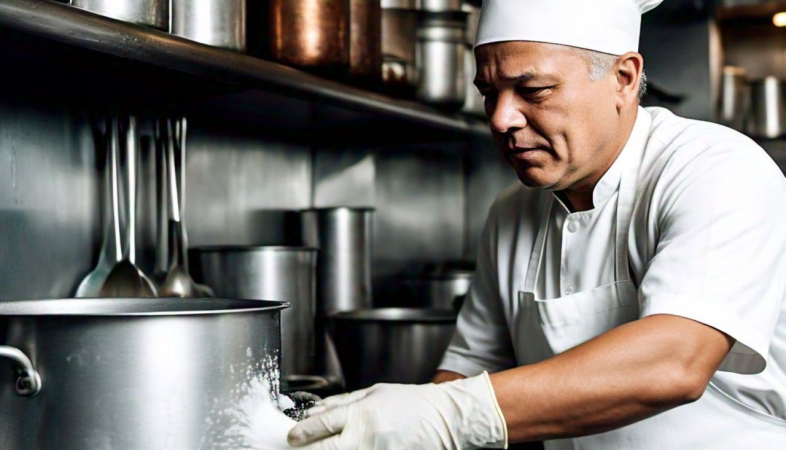
Traditionally, kitchen stewarding involved manual tasks such as dishwashing, cleaning, and maintaining kitchen hygiene.

From streamlined operations to enhanced guest experiences, technology is transforming the event food scene in ways that were previously unimaginable.

Savory bakery treats are on the rise, offering a delicious alternative to traditional sweet pastries and desserts.

Managing seasonality requires a combination of strategic planning, flexibility, and creativity.
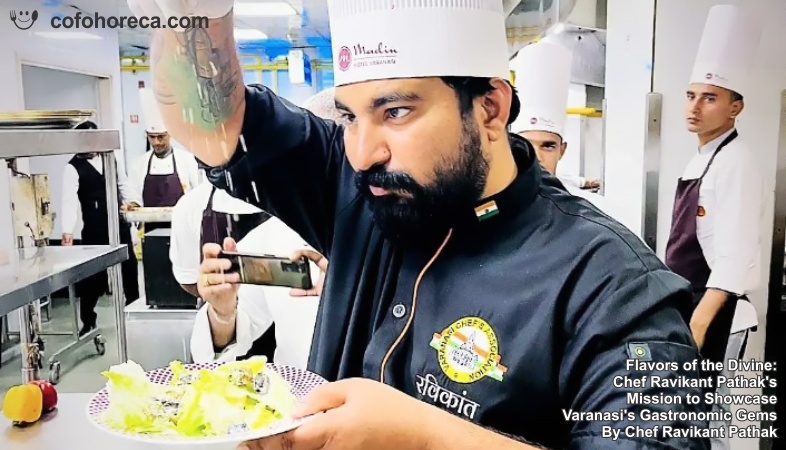
Growing up amidst the rich cultural heritage of Varanasi, Chef Pathak's love affair with food began on the vibrant streets of the city.

The therapeutic power of confectionery lies in its ability to engage our senses, evoke positive emotions, and connect us with our past and present.

Effective telephone communication can lead to increased customer satisfaction and loyalty.
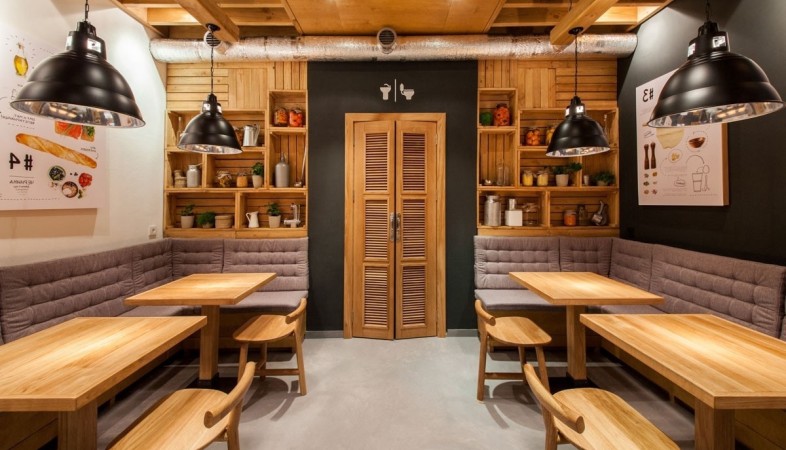
Among the myriad design elements, the adoption of spacious interiors has garnered increasing favor for its profound impact on guest perceptions and contentment.

From maintaining cleanliness and hygiene standards to enhancing the guest experience and ensuring safety and security, their role is indispensable.

Cooking in parchment paper is a French culinary technique that excels in delivering flavorful and tender dishes through gentle steaming.

Gone are the days of cookie-cutter hotel rooms; today's travelers crave accommodations that offer comfort, style, and a sense of home away from home.

Efficient kitchen stewarding is a cornerstone of successful hotel operations.

The bakery trends for 2025 reflect a dynamic blend of innovation, sustainability, and creativity as bakeries push the boundaries of traditional baking to satisfy the evolving tastes and preferences of consumers.

Embracing innovation, leveraging technology, and prioritizing customer satisfaction are key to maximizing profits and maintaining a strong market position in catering services.

By adopting a range of strategies, restaurants can significantly cut down on food waste, save costs, and contribute to a more sustainable food system.

From the moment a guest steps into the lobby, the front office staff ae the faces of the hotel.

This innovative approach blends science and culinary arts to create unique textures, flavors, and presentations that defy traditional boundaries.

These enriching experiences not only educate and entertain but also deepen guests' connection to the local culture and community.

Providing personalized, attentive service not only delights guests but also fosters loyalty and positive word-of-mouth recommendations, contributing to long-term success and profitability.

Since food is energy, it is essential to pay attention to what we eat, as it shapes both our bodies and minds.
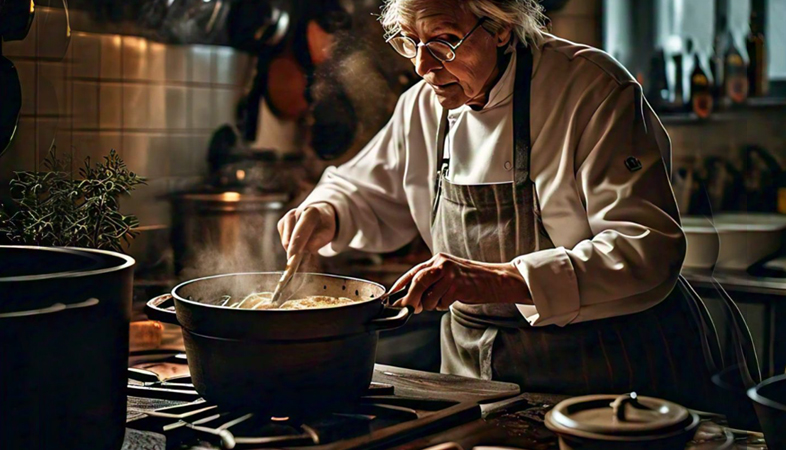
The beauty of cocotte cooking lies in its simplicity and the way it enhances the natural flavors of the ingredients, resulting in meals that are both comforting and delicious.
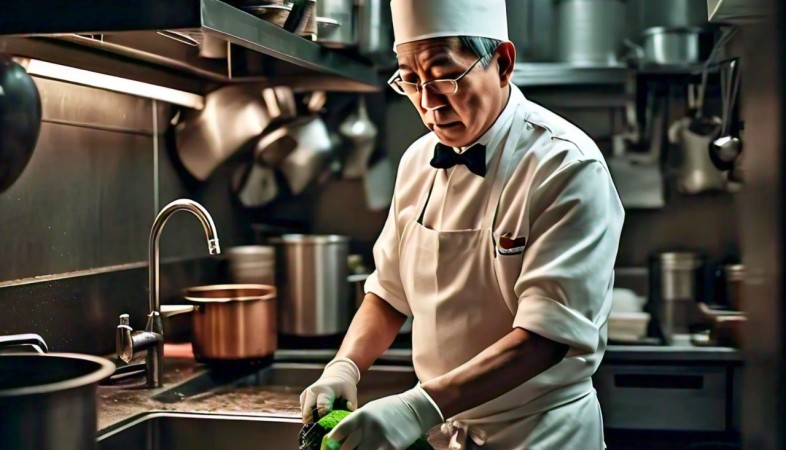
The evolution of kitchen stewarding job roles underscores the adaptability and resilience of the hospitality industry in responding to changing trends and demands.

This initiative can enhance customer engagement, generate additional revenue streams, and strengthen the restaurant’s brand.
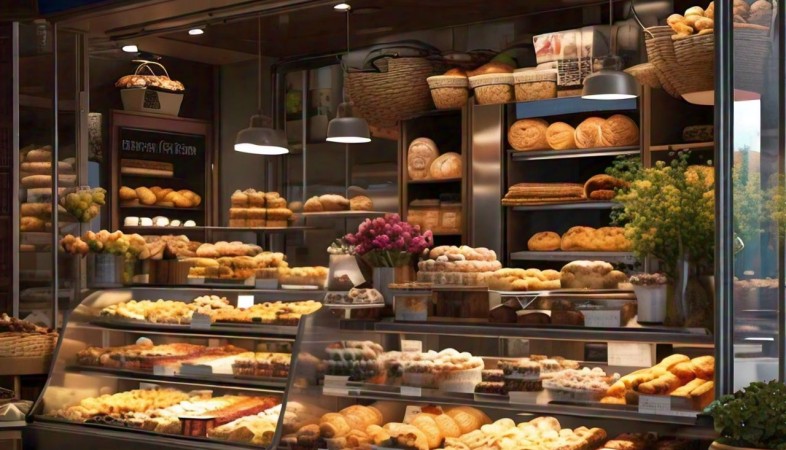
Designing bakery interiors that inspire and entice involves a harmonious blend of aesthetics, functionality, and customer experience.

Maintain a proactive approach to continuous improvement and innovation in catering services to exceed expectations at future events.

From juggling multiple phone calls and visitors to dealing with last-minute changes and deadlines, it's easy to feel overwhelmed and stressed.

From bold and vibrant hues to soft and soothing tones, the colors used in restaurant interiors have a profound impact on diners' emotions, behaviors, and perceptions.
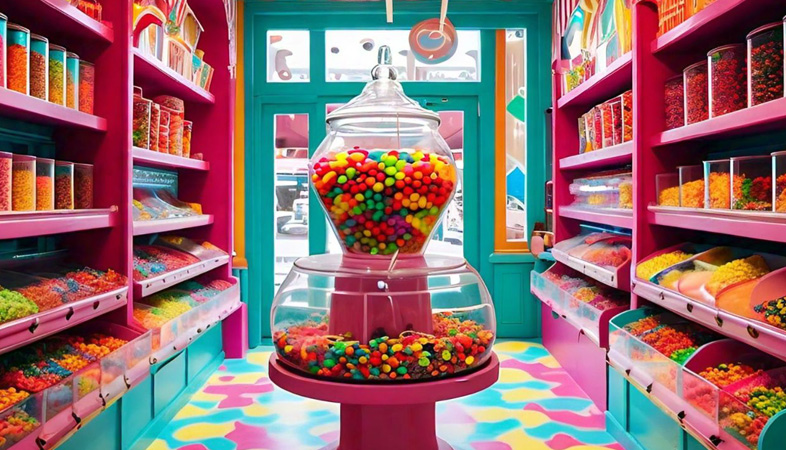
The rise of low-sugar and sugar-free candies is reshaping the confectionery landscape, offering consumers healthier choices without compromising on taste or enjoyment.

Achieving clean sheets in housekeeping is not just a matter of routine maintenance but a meticulous process that requires attention to detail, expertise, and dedication to excellence.

These adaptations not only attract a new demographic of guests but also provide innovative solutions for blending work and leisure seamlessly.
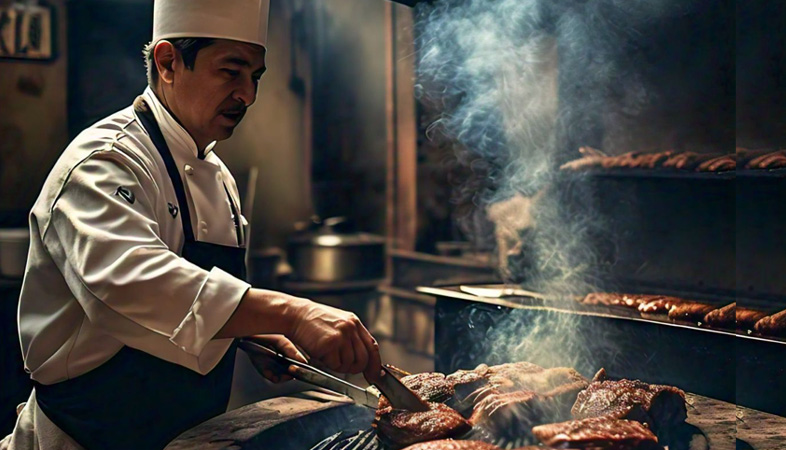
Known for its deep, smoky essence, charcoal infusion is transforming how chefs and home cooks approach flavoring their meals.
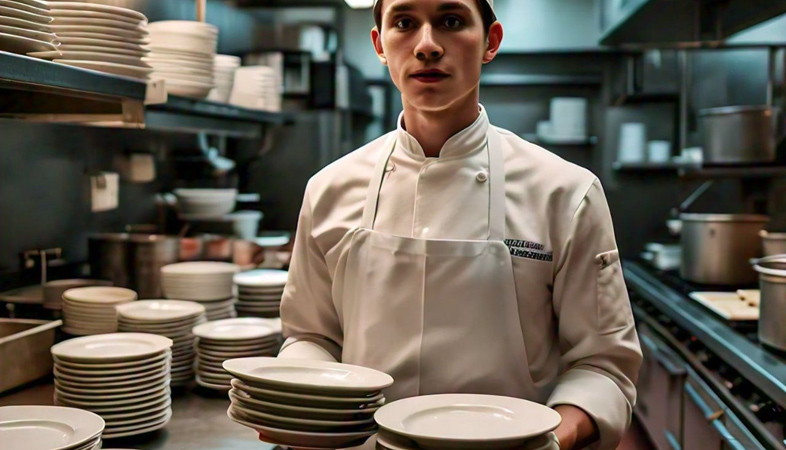
Beyond maintaining cleanliness and organization, kitchen stewards play a significant role in managing resources and controlling costs.

Bakers are constantly experimenting with new ingredients, techniques, and presentations to craft unique bread experiences that delight and surprise customers.

Dining is not just about the food; it’s a celebration of culture, tradition, and human connection.
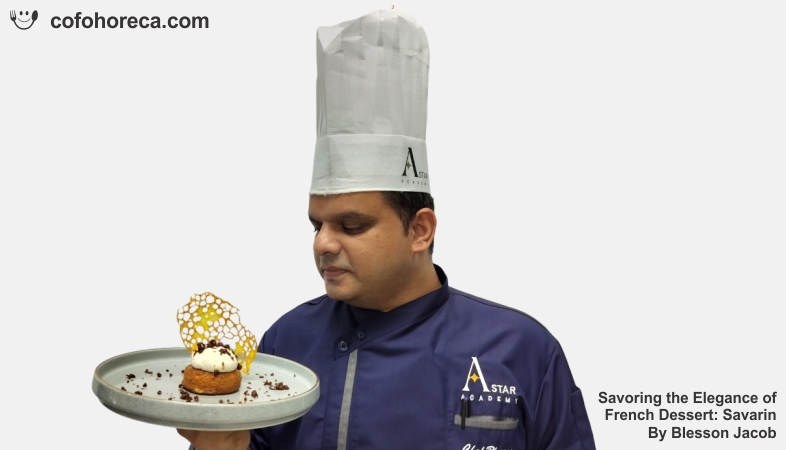
This luxurious dessert, named after the French gastronome Jean Anthelme Brillat-Savarin, is a testament to the artistry of French baking.
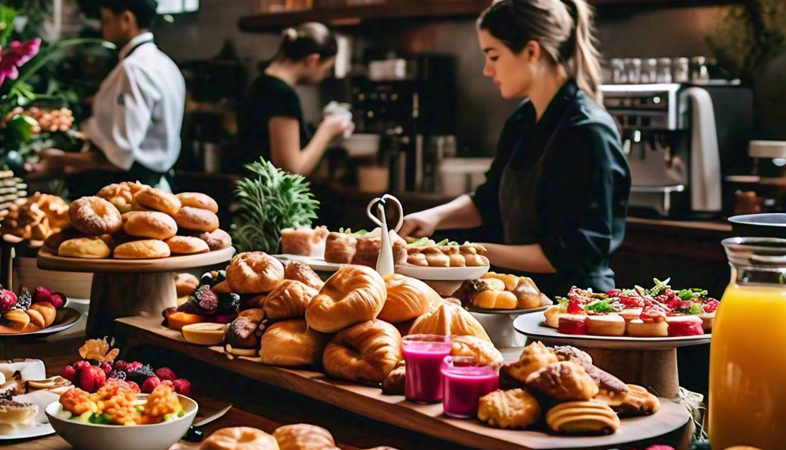
By implementing these strategies, event organizers and catering professionals can effectively manage logistics and coordination for large-scale events.

The hotel front office is far more than just a functional space for handling check-ins and check-outs.

A well-crafted menu not only reflects the restaurant's identity but also drives customer satisfaction and profitability.

The power of presentation, particularly through packaging, plays a crucial role in shaping the confectionery experience.

It's about creating a space that feels like a home away from home for guests, ensuring they have a comfortable and pleasant stay.

Successful hotel branding is a continuous process of refining and reinforcing the brand identity to resonate with evolving consumer preferences and market trends.

This journey begins with finding the perfect recipe that encapsulates the essence of your brand while tantalizing the taste buds of your clientele.
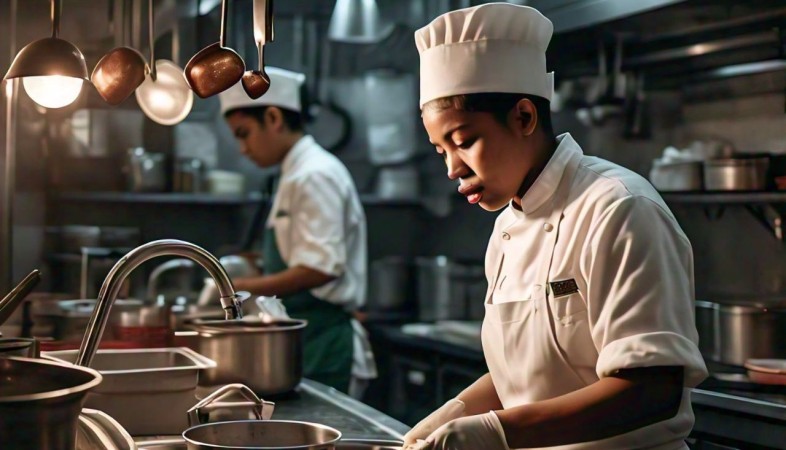
Kitchen stewards are the backbone of any successful restaurant.
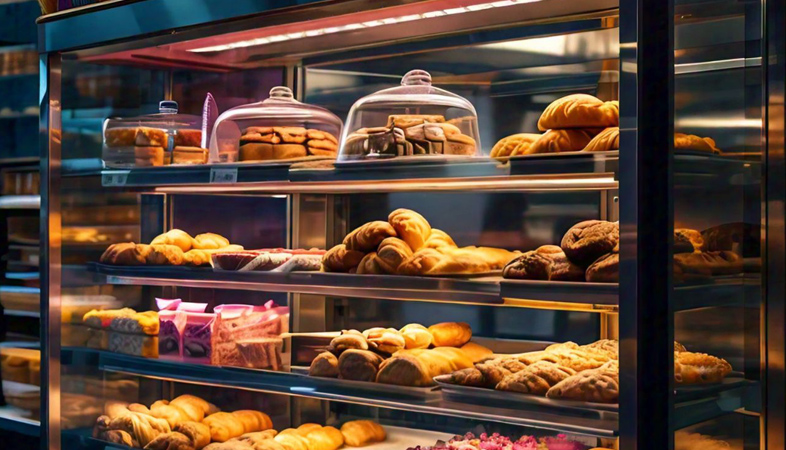
From the early morning hours to the precise measurements, every aspect of a bakery chef’s life revolves around perfecting the art of baking.

With fierce competition in the industry, attracting more customers requires a blend of creative marketing, exceptional service, and strategic planning.
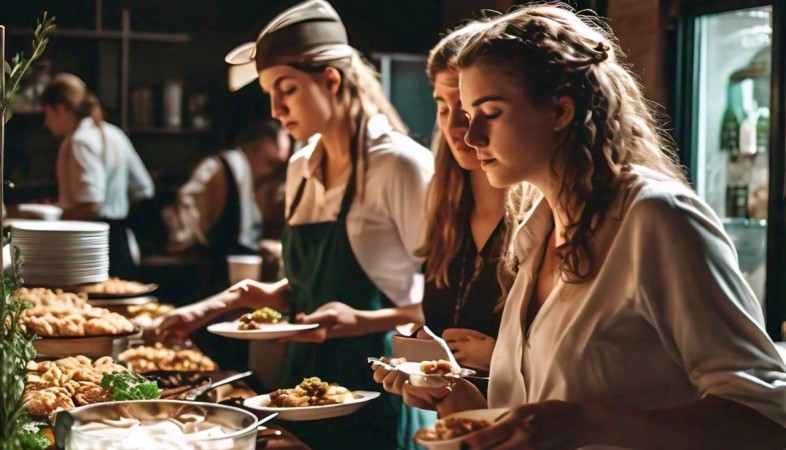
From planning to execution, technology plays a pivotal role in modernizing catering services.

Data analytics is revolutionizing front office operations in the hospitality industry, enabling hotels to deliver personalized guest experiences that drive satisfaction, loyalty, and revenue.
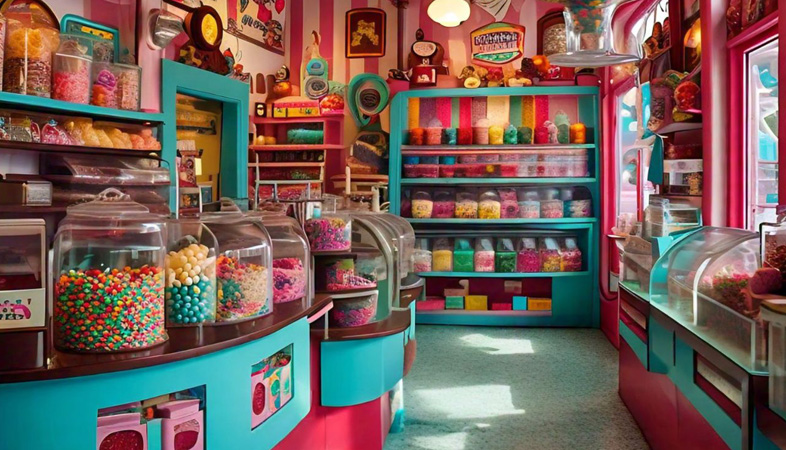
Vibrant colors, playful signage, and large windows displaying an array of beautifully arranged sweets can draw people in.

From sleek and modern eateries to cozy and chic cafes, the grey theme is popping up everywhere, and for good reason.

Housekeeping in the digital age is not just about cleaning rooms but also about enhancing the guest experience through efficiency, personalization, and innovation.
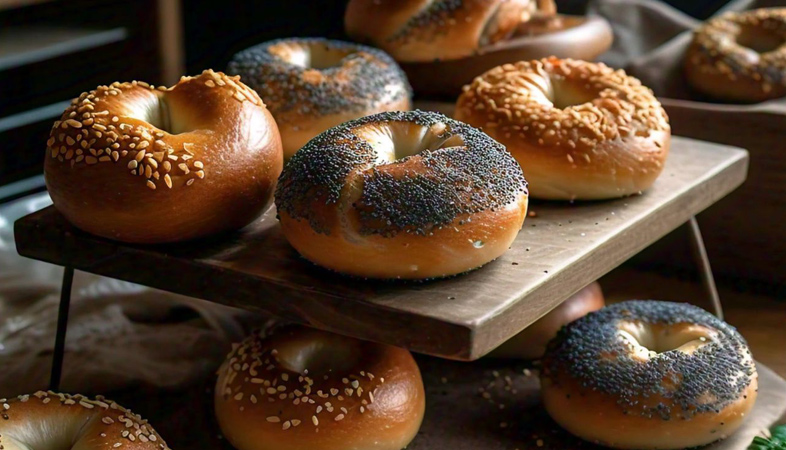
This trend celebrates not only the craftsmanship of bagel-making but also the creativity involved in flavoring and topping them.

Conducting thorough initial consultations helps clarify objectives, budget constraints, and specific needs, enabling the hotel to tailor its offerings accordingly.

Inclusive stewarding not only promotes a positive atmosphere but also enhances productivity and employee satisfaction.

As customers increasingly seek personalized experiences, customized cupcakes have become a lucrative and creative avenue for bakers to explore.
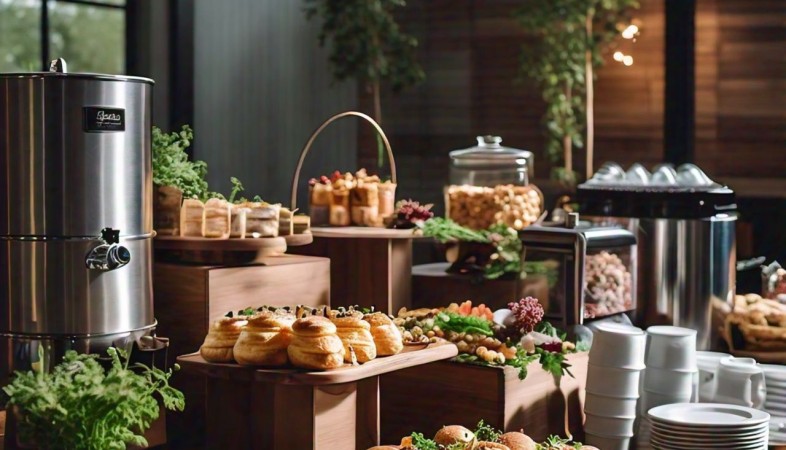
This is particularly evident in the catering sector, where businesses are being called to meet the rising demands of the conscious consumer.

Each concept offers unique dining experiences, catering to diverse guest preferences and enhancing the overall appeal of the hotel.

By embracing AI technologies and leveraging them effectively, hotels can create a future where guest interactions are seamless, personalized, and memorable.

Beyond their sugary allure, these bite-sized wonders hold a fascinating world of flavors, textures, and craftsmanship waiting to be discovered.

Maintaining financial stability enables restaurants to weather economic downturns and capitalize on growth opportunities when conditions improve.
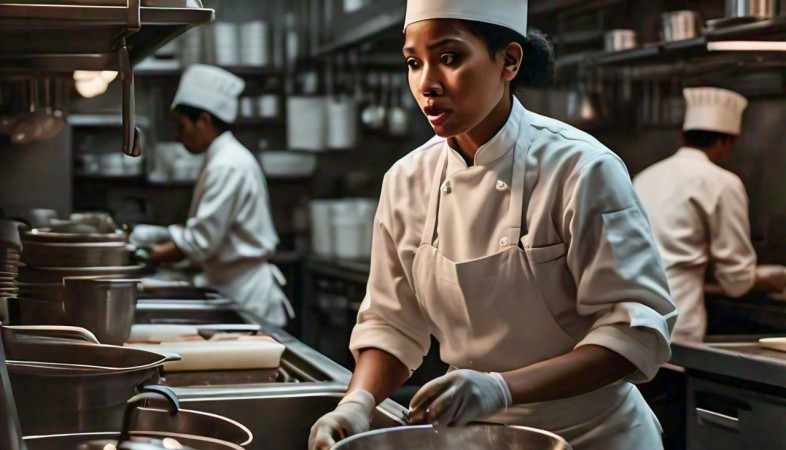
Every tiny aspect of cleanliness, arrangement, and maintenance contributes to the overall ambiance and perception of the hotel.
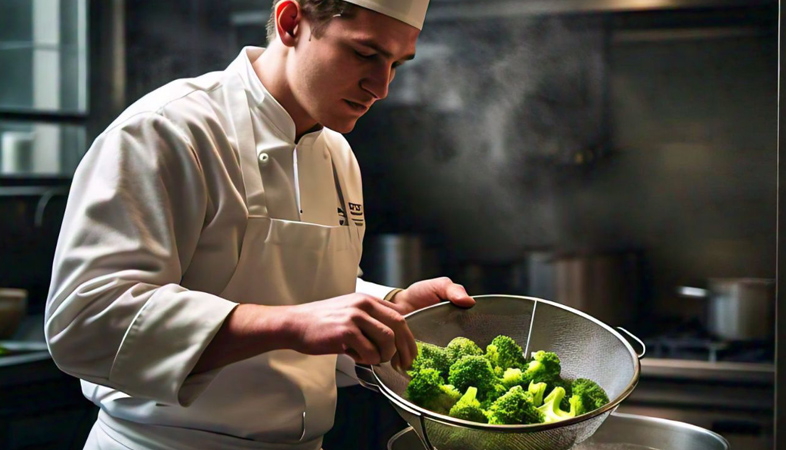
This simple yet effective cooking method involves briefly immersing food in boiling water and then plunging it into ice water to stop the cooking process.
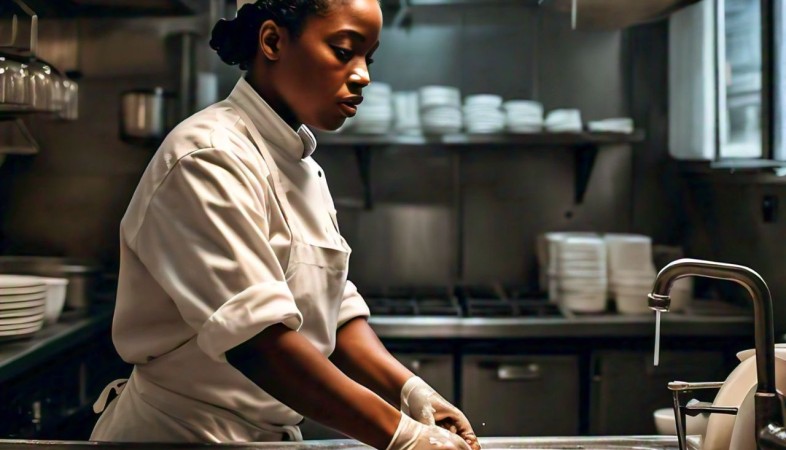
Adopting eco-friendly approaches to cleaning chemicals not only promotes sustainability but also ensures a safer working environment for staff.

Hotels must balance accessibility and convenience with robust security protocols to protect guests, staff, and property.

It also involves ensuring the safety and security of a guest.

This rich assortment not only satisfies different palates but also highlights the cultural and regional influences that shape the baking landscape.

To meet these expectations, hotels are increasingly turning to data analytics.
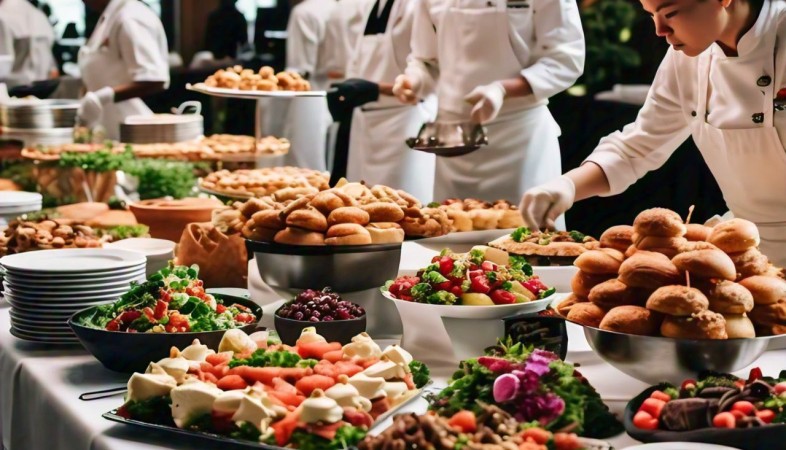
Today’s clients expect more variety, nutritional options, and visually appealing dishes that cater to different tastes and dietary needs.

Front offices can start by transitioning to digital processes and reducing paper usage.

Beyond their sugary allure, these bite-sized wonders hold a fascinating world of flavors, textures, and craftsmanship waiting to be discovered.

Guests' perceptions of their stay are profoundly shaped by their first impressions and ongoing interactions with the cleanliness and organization of their hotel room.

Crafting a distinctive market position through strategic branding and identity is crucial for restaurants to stand out, attract loyal customers, and thrive in a competitive landscape.
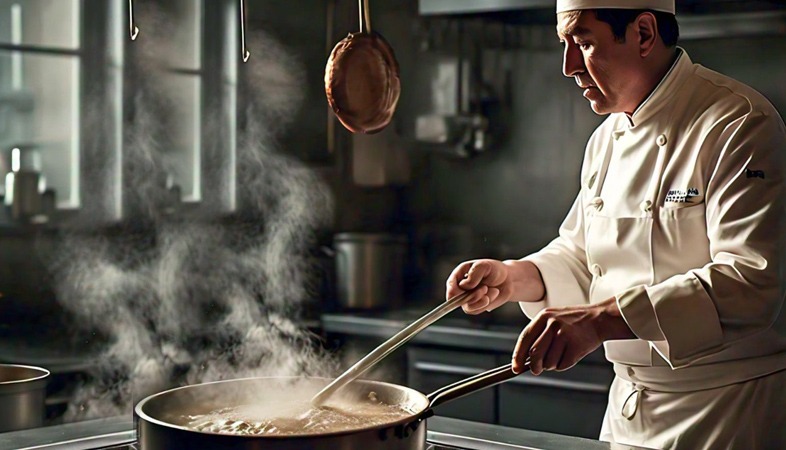
Modern culinary trends have also embraced techniques like infusion, where herbs or spices are steeped in the broth to add aroma and flavor.

Meticulous attention to detail and adherence to stringent cleaning protocols are essential to uphold the high standards expected in wellness and spa environments.

Designing a restaurant for maximum operational efficiency involves a holistic approach that considers the layout, workflow, technology, and staff training.

Kitchen stewards play a role in onboarding new staff members and training them on proper cleaning techniques, hygiene practices, and kitchen protocols.

From the layout and lighting to the decor and color scheme, every element of a bakery's interior design contributes to its unique charm and appeal.
.jpg)
Successful planning and execution of hotel events and conferences require a strategic and detailed approach.
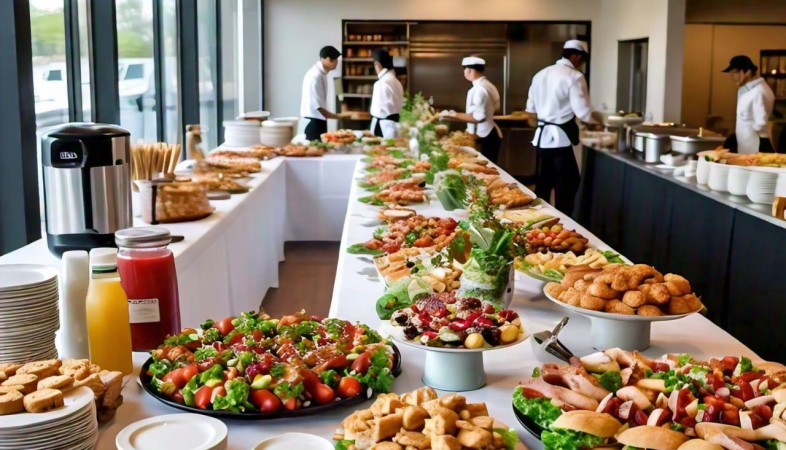
Sustainability and ethical considerations are increasingly important in luxury catering.

In front office automation driven by AI and robotics represents a transformative shift in hospitality operations.

These elements play a crucial role in attracting attention, communicating product attributes, and evoking emotional responses from consumers.

Investing in employee well-being is not only beneficial for individual employees but also for the overall success and sustainability of an organization.

The attention to detail, consistency in service, and dedication to excellence distinguish five-star hotels from other accommodations.

This shift is marked by a stronger emphasis on healthier ingredients, such as organic and locally sourced produce, lean proteins, and whole grains.
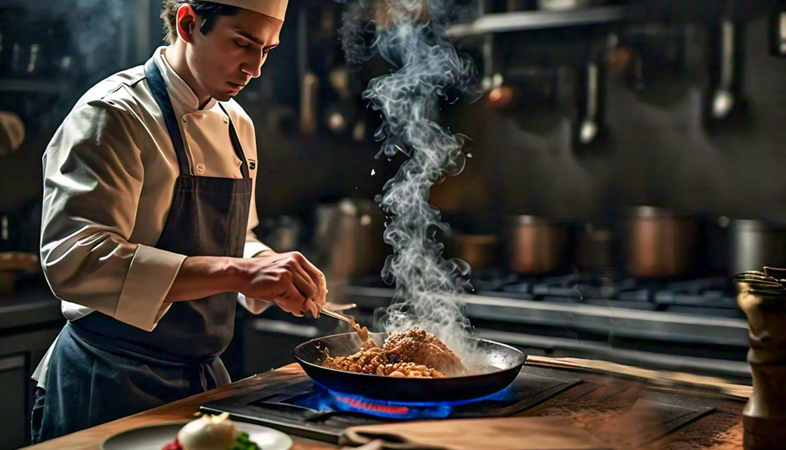
The resurgence of ash cooking is not just a nod to nostalgia; it's a celebration of flavors and a connection to our culinary heritage.
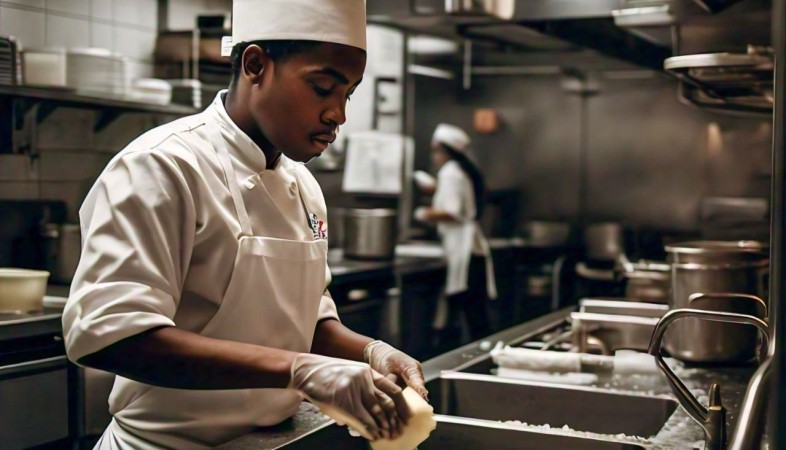
Creating a positive work environment is essential for fostering collaboration.

In order to provide exceptional customer service at your bakery, it is important to focus on the following key principles.
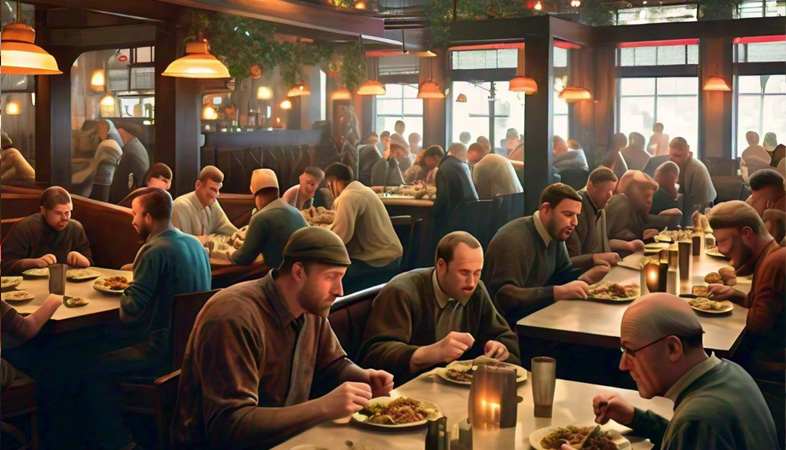
The evolution of hotel breakfast offerings reflects a blend of tradition, innovation, and responsiveness to changing guest preferences.

Food trucks have become a dynamic and versatile option in the catering industry, offering mobile dining experiences that are both unique and practical.

Empower front office staff by granting them autonomy to make decisions within their roles and responsibilities.

In today's competitive market, innovative packaging ideas can differentiate confectionery brands and enhance consumer appeal.
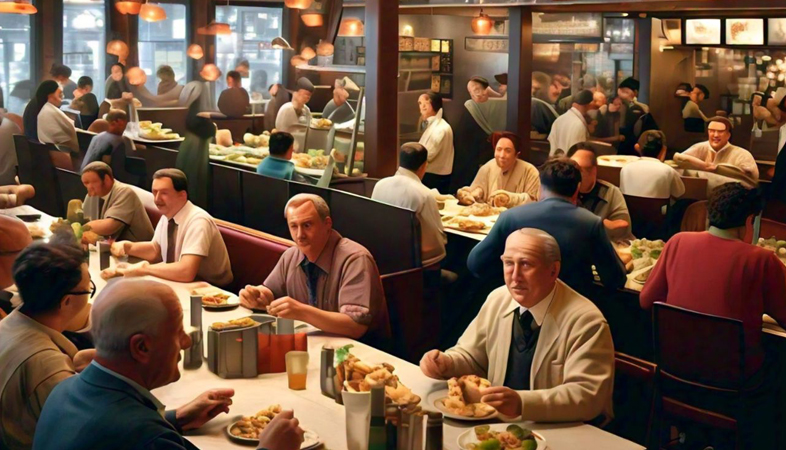
Crafting a robust business strategy is essential for navigating these competitive dynamics and achieving sustainable growth.

Effective communication between housekeeping and the front office is essential for the smooth operation of a hotel.
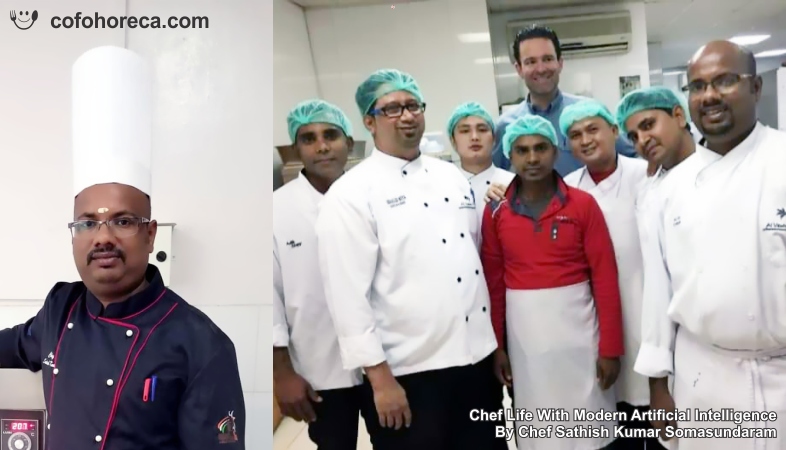
AI can help chefs source sustainable and ethically produced ingredients, considering factors like environmental impact and fair trade practices.

From bold and vibrant hues to soft and soothing tones, the colors used in restaurant interiors have a profound impact on diners' emotions, behaviors, and perceptions.
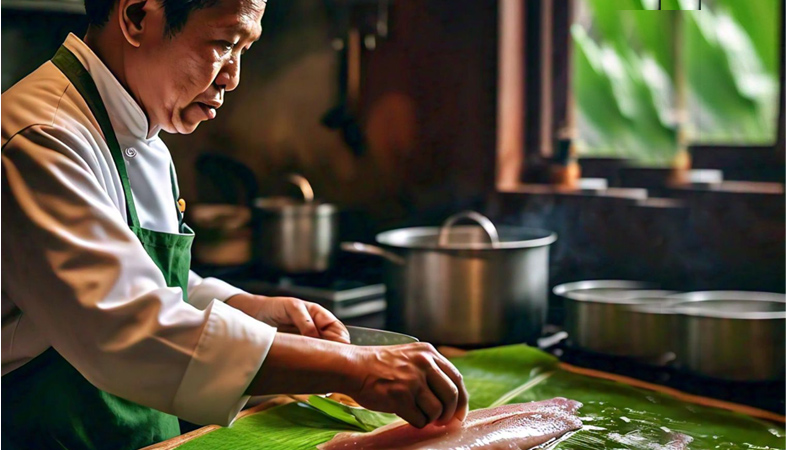
Known for its aromatic, natural, and eco-friendly qualities, it has become a staple in the Indian subcontinent.

Maintaining cleanliness and hygiene is a primary responsibility of kitchen stewards.

From tantalizing pastries to decadent desserts, the fusion of sweet and savory creates a culinary experience that delights the senses and challenges the palate.

However, as guest expectations evolve and culinary trends shift, hotels are innovating their in-room dining experiences to enhance convenience, quality, and personalization.
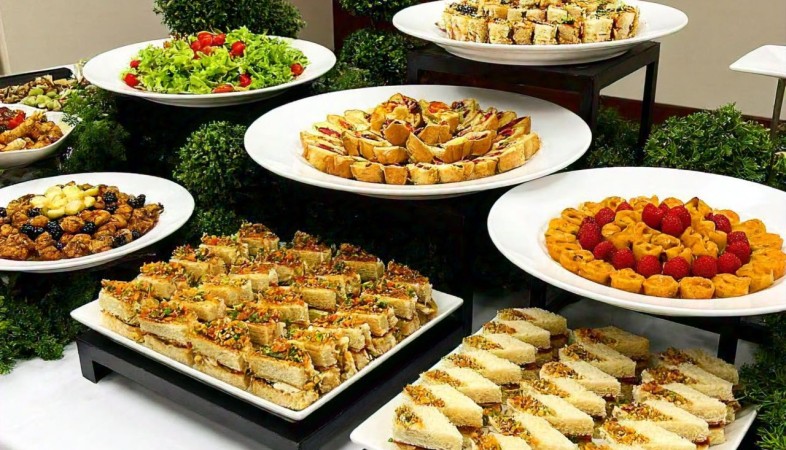
The role of presentation in catering extends beyond aesthetics; it shapes the overall dining experience and leaves a lasting impression on guests.

Guests can complete registration forms, provide payment information, and receive digital room keys through a hotel app or website.

These bespoke treats add a special touch to any celebration, making them unforgettable and cherished by those who partake.

These innovative culinary concepts operate without traditional storefronts, serving customers exclusively through online ordering and delivery platforms.

High occupancy often means increased workloads, tighter schedules, and heightened guest expectations.

By adopting a range of strategies, restaurants can significantly cut down on food waste, save costs, and contribute to a more sustainable food system.
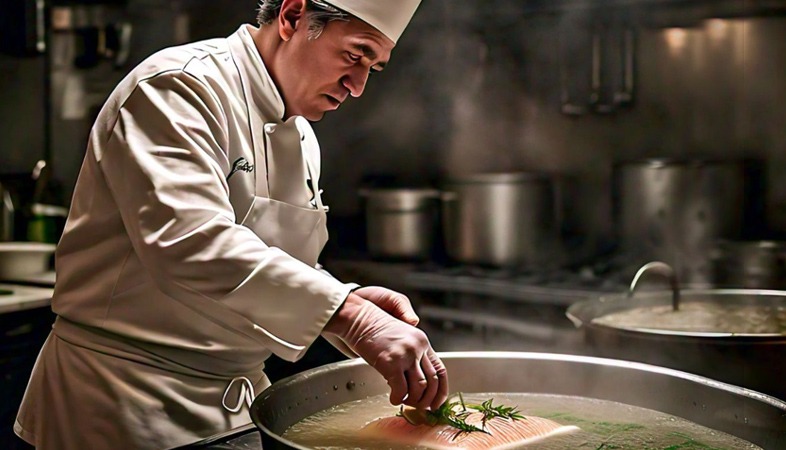
Mastering poaching requires a refined touch and an understanding of how different temperatures and liquids can enhance the final dish.
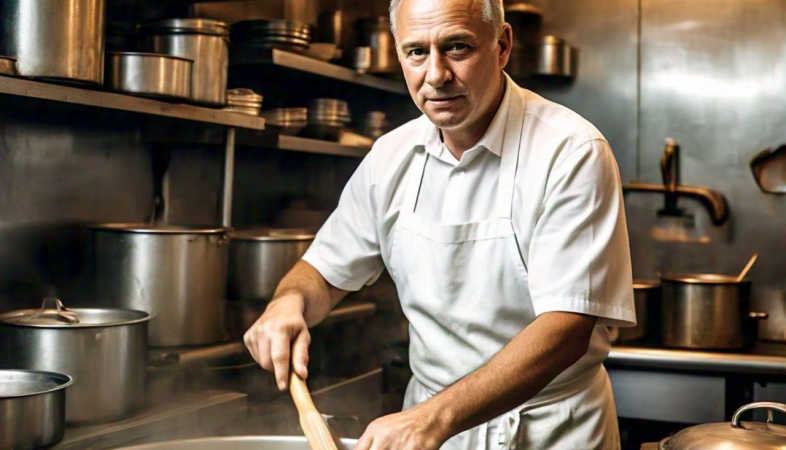
Effective communication between kitchen stewards and culinary staff is essential for maintaining cleanliness, efficiency, and teamwork in a foodservice establishment.
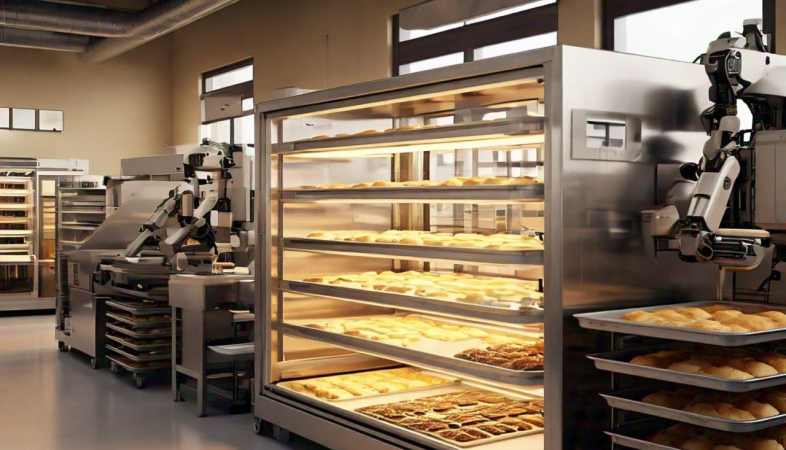
From advanced ovens to sophisticated ordering systems, technology plays a pivotal role in transforming the baking industry.
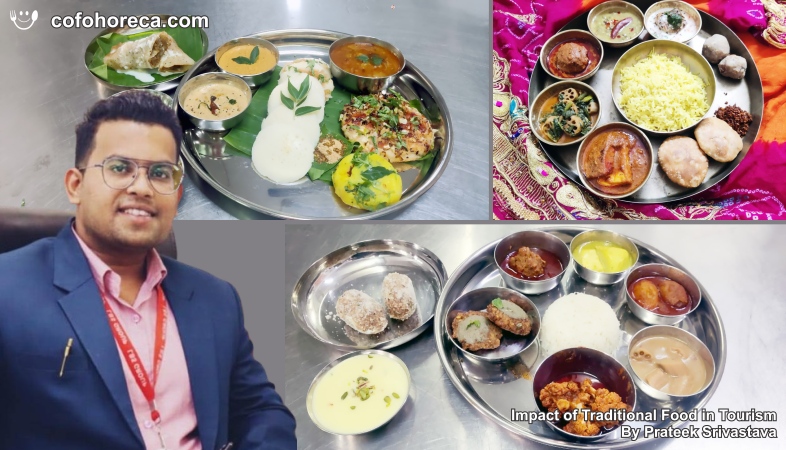
Traditional cuisines and culinary traditions create a sense of regional or national identity and offer unique gastronomic experiences.

Hotels continue to innovate with unique services that cater to a wide range of guest preferences and enhance the overall hospitality experience.

Catering for outdoor events requires a combination of meticulous planning, adaptability, and creative problem-solving.

Handling overbookings effectively requires preparation, clear communication, empathy, and a proactive approach to finding solutions.

Sensory marketing is a powerful tool in the confectionery industry, engaging multiple senses to create a compelling and memorable consumer experience.
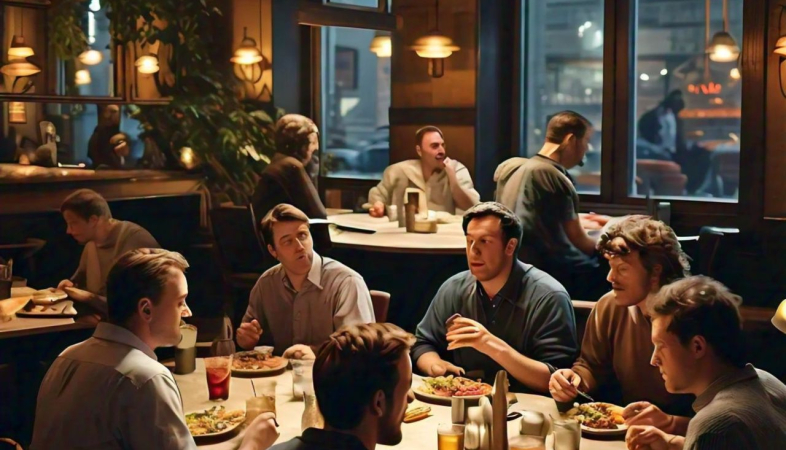
These strategic alliances strengthen brand loyalty and generate consistent revenue streams.

The integration of robotics in housekeeping can also alleviate the physical strain on human workers.

Spacious restaurant interiors provide guests with a palpable sense of comfort and ease.
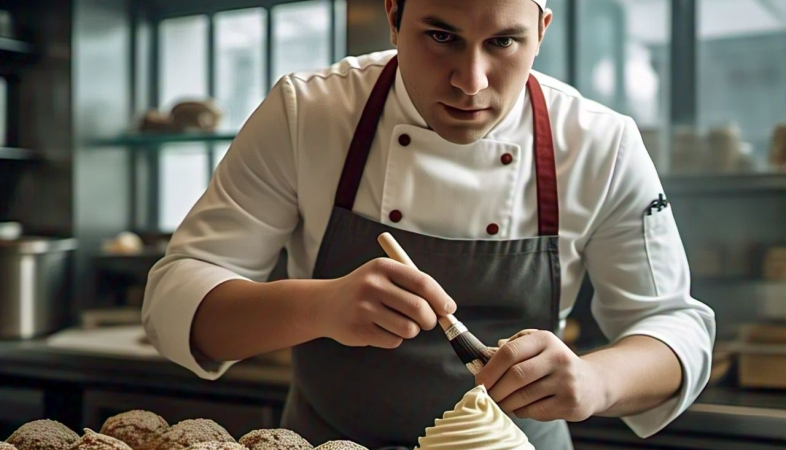
This innovative technology, which allows bakers to create intricate designs, textures, and even entirely new pastry shapes, is reshaping the industry.
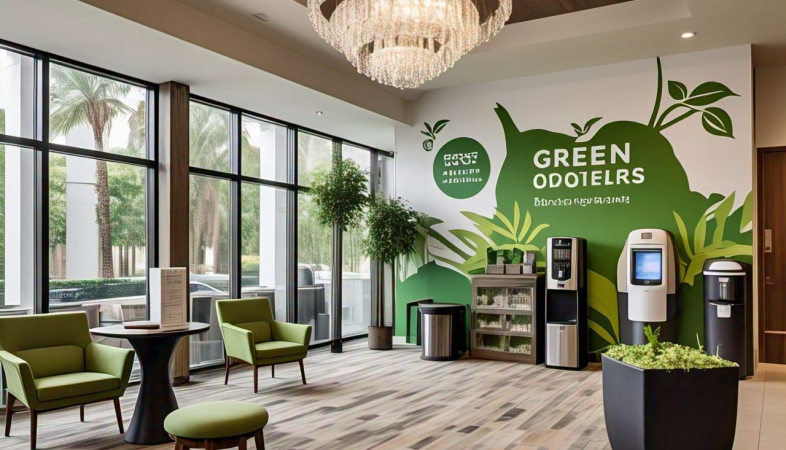
As the demand for responsible travel continues to rise, luxury hotels are proving that sustainability doesn’t mean compromising on comfort.

As the demand for experiential dining continues to rise, floating buffets are likely to gain even more traction.

Striking a balance between convenience and ethical responsibility is crucial as the industry moves forward.

No longer just indulgent treats, candies are now being infused with health benefits, catering to consumers looking for both taste and wellness.
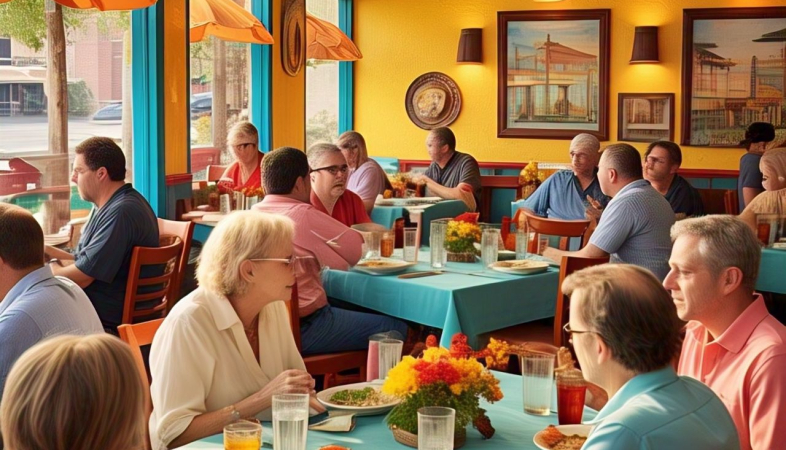
Customers are increasingly drawn to brands that prioritize environmental and social responsibility.

As more hotels recognize the advantages of virtual training, the use of VR in housekeeping is expected to grow.

This method has been a staple in Indian kitchens and street food culture for centuries, especially for preparing succulent kebabs.

Restaurants are increasingly embracing this philosophy, creating environments and menus that promote a more intentional and enjoyable dining experience.

In the hotel and hospitality industry, where employees work around the clock, proper care, protection, and a strong safety culture are essential.
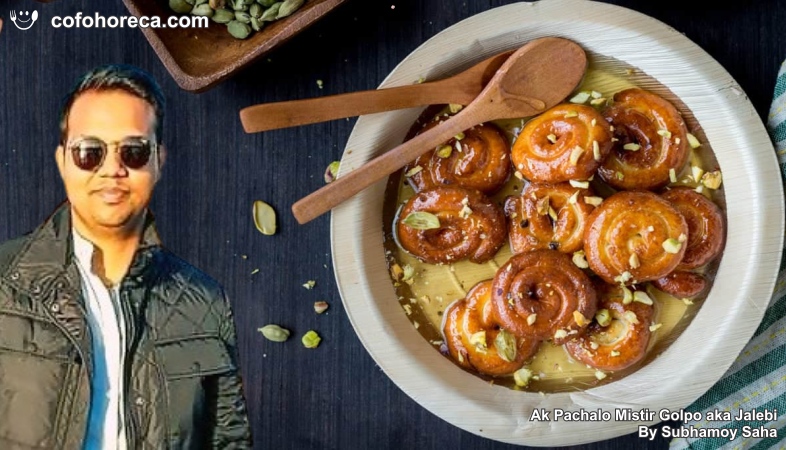
Although not originally created in India, the recipe has traveled a long way and become an integral part of Indian dessert culture.

Striking the right balance ensures that these special sweets leave a lasting impression, making customers eagerly anticipate the next irresistible release.
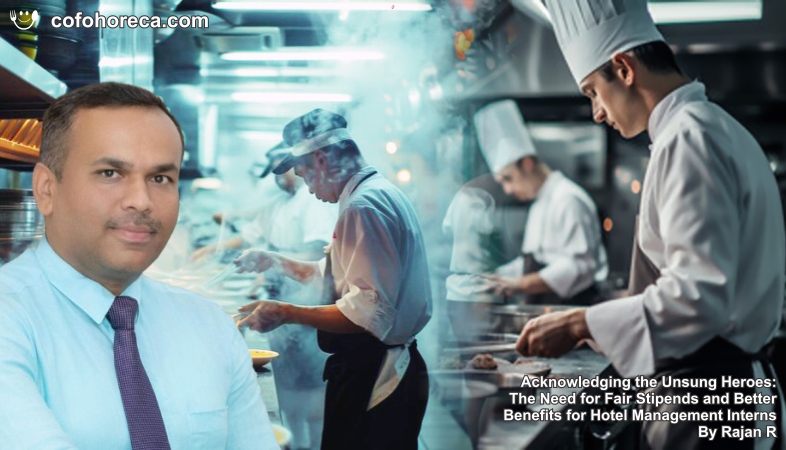
These interns are the backbone of the industry, handling a myriad of responsibilities that range from guest services to kitchen assistance.
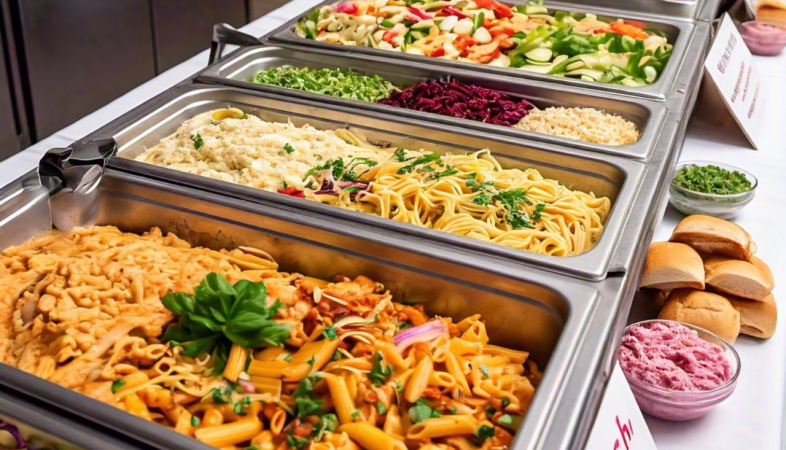
A well-executed culinary program becomes a memorable highlight, leaving participants nourished, energized, and inspired.